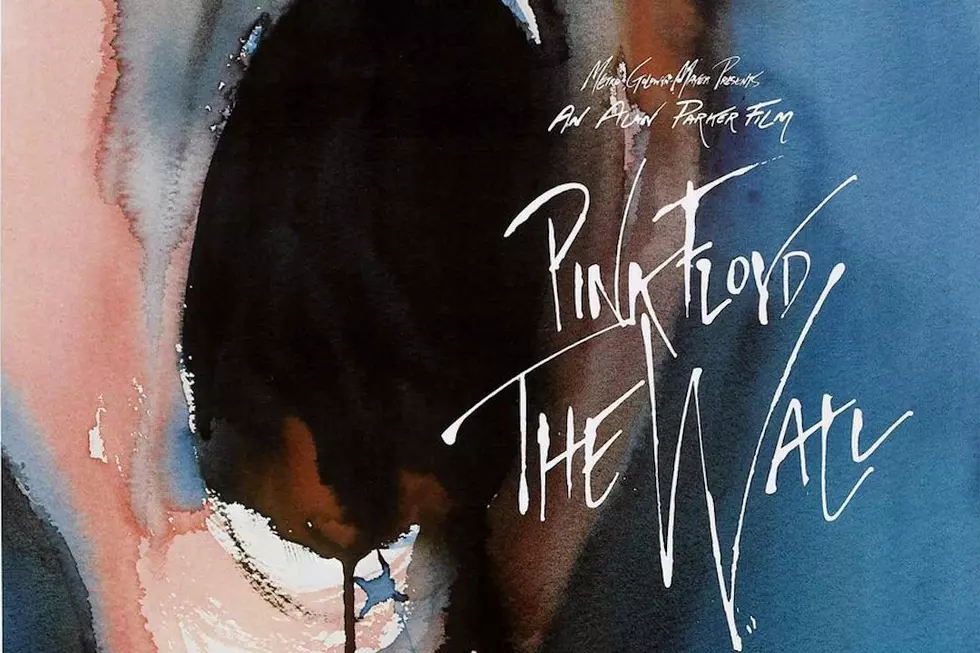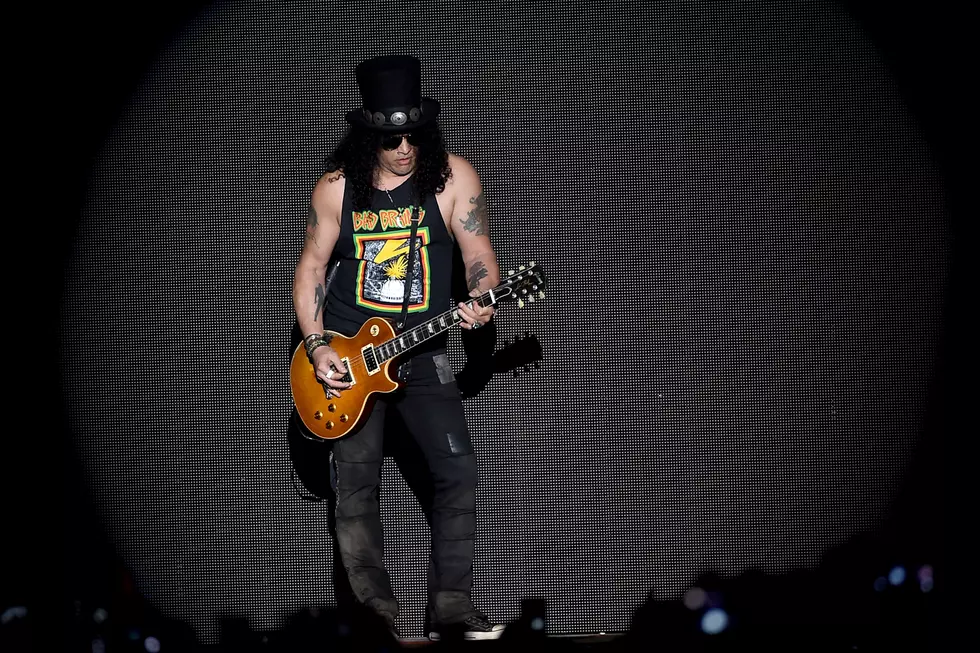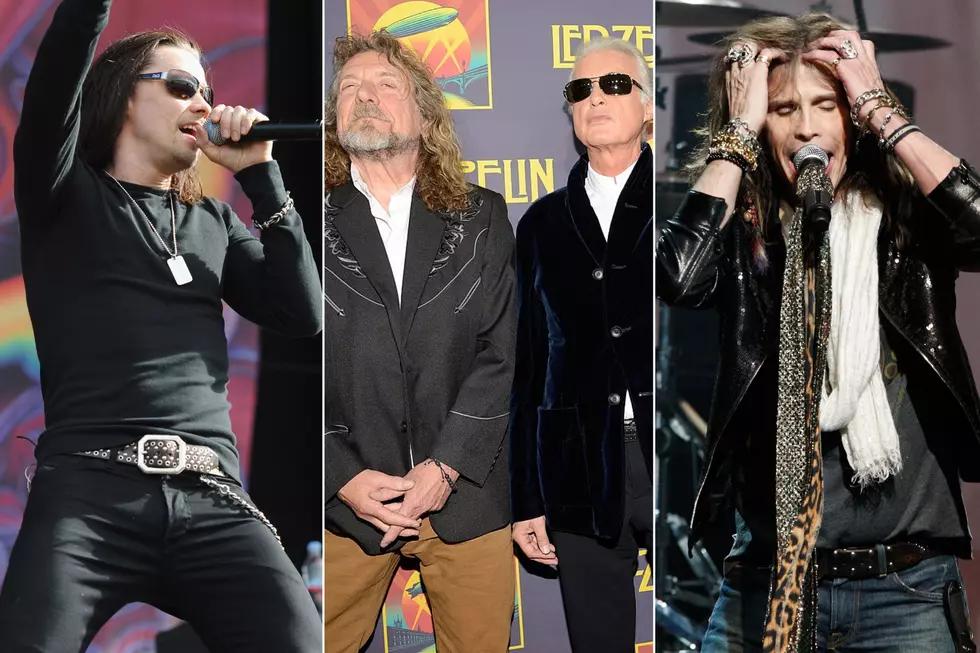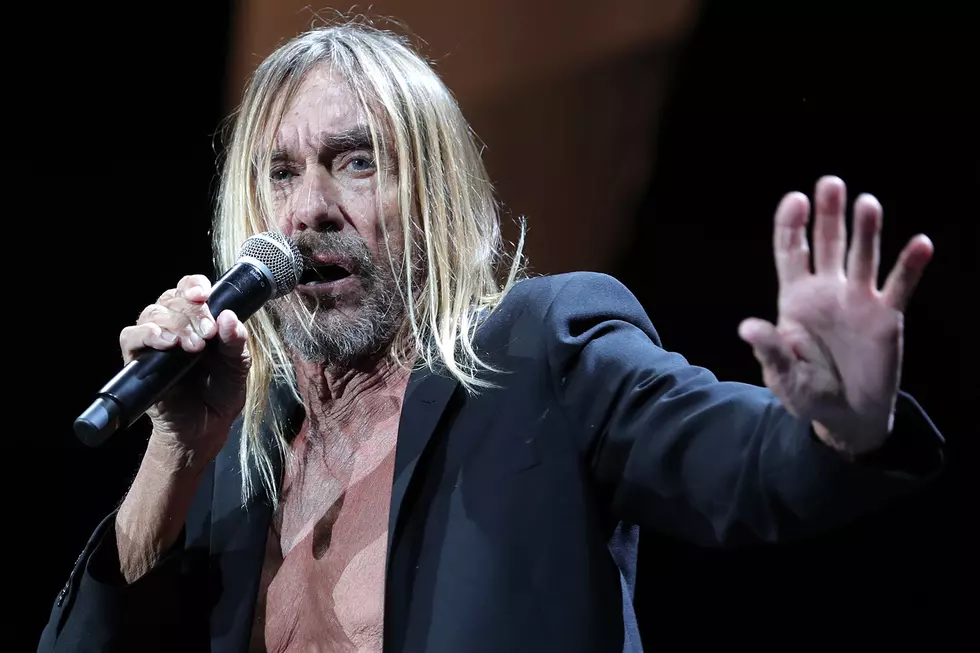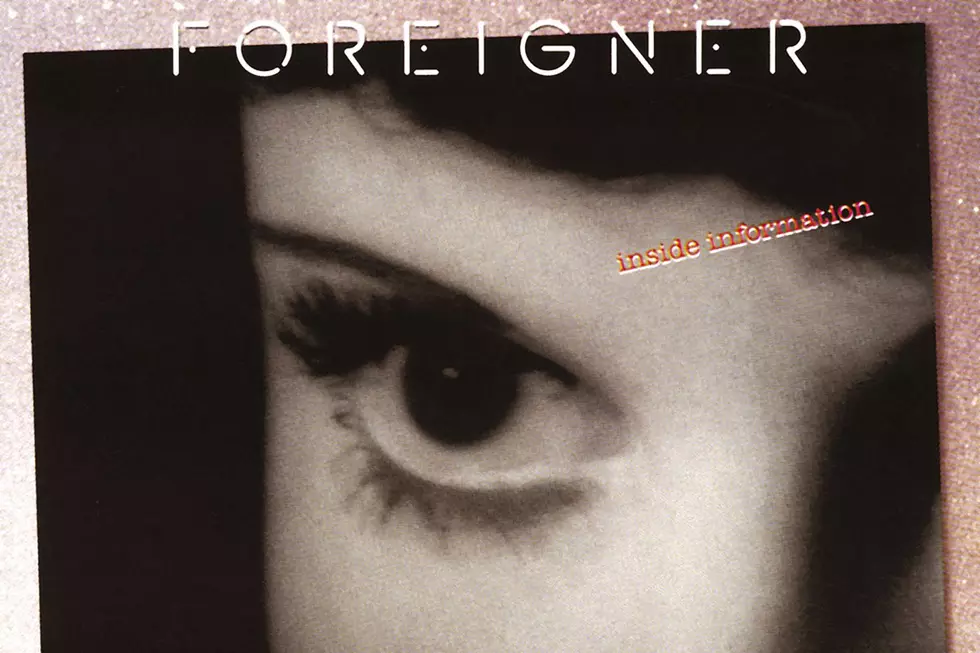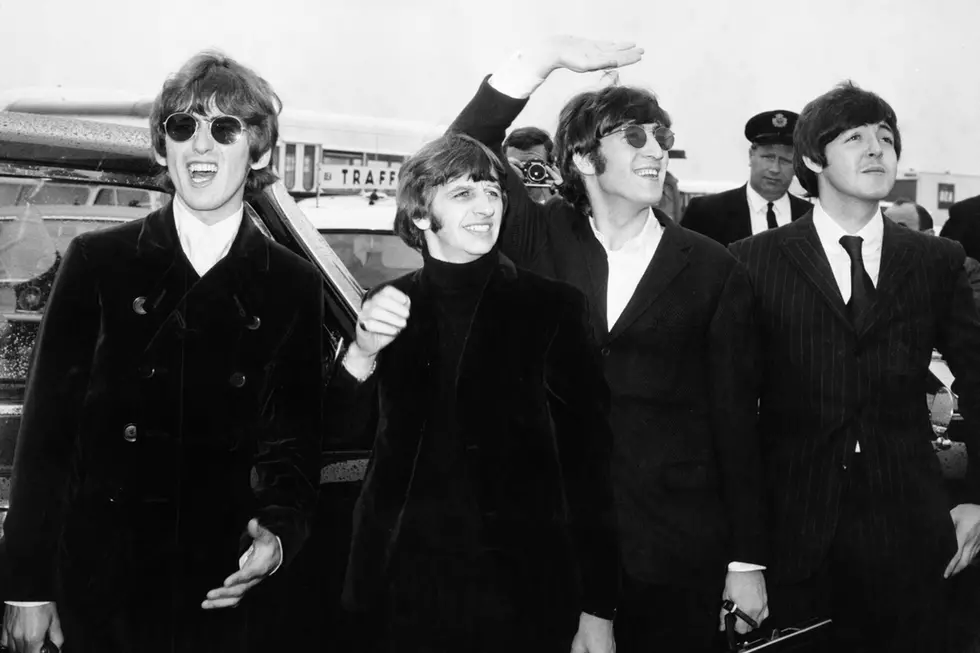
The Day the Beatles Decided to Stop Touring
For many musicians, playing live is the best part of the job — but touring, on the other hand, is a necessary evil. These days, veteran bands take all sorts of smart, unorthodox measures to mitigate the worst parts of life on the road, but even at their peak, the Beatles often found the experience a painful slog. On Aug. 21, 1966, they decided to do something about it: quit as soon as possible.
As Paul McCartney later reflected in the Beatles Anthology book, there had been rumblings among the band members about getting off the road for some time, particularly from George Harrison and John Lennon, but he'd always maintained that they needed to keep performing live. In his words, "I'd been trying to say, 'Ah, touring's good and it keeps us sharp. We need touring, and musicians need to play. Keep music live.'"
The tide turned on Aug. 20, when the band's performance at Crosley Field in Cincinnati had to be called off due to rain. It was the first and last time, according to Beatles lore, that the band ever failed to take the stage when it was supposed to. In his own recollection of the aborted gig, Harrison pinned the blame on poor planning at the venue, which compounded an already dangerous situation.
"Cincinnati was an open-air venue, and they had a bandstand in the center of the ballpark, with a canvas top on it. It was really bad weather, pouring with rain, and when [Beatles assistant Mal Evans] got there to set up the equipment, he said, 'Where's the electricity power feed?' And the fella said, 'What do you mean, electricity? I thought they played guitars.' He didn't even know we played electric guitars," Harrison recalled later. "It was so wet that we couldn't play. They'd brought in the electricity, but the stage was soaking and we would have been electrocuted, so we canceled — the only gig we ever missed."
Technically, the show was postponed until the following day at noon, which posed its own set of problems. Rearranging their schedule to accommodate the new time, the band started early the morning of the 21st, made the show, then had to travel nearly 350 miles to St. Louis, where they had a concert booked for 8:30 that evening. Again, weather was a factor – although this time, the heavy rain was kept slightly at bay by what McCartney referred to as "bits of corrugated iron over the stage." For the bassist, it was reminiscent of the Beatles' early gigs at the Cavern Club in Liverpool, and not in a good way.
"It was worse than those early days. And I don't even think the house was full. After the gig, I remember us getting in a big, empty steel-lined wagon, like a removal van. There was no furniture in there — nothing. We were sliding around trying to hold on to something, and at that moment everyone said, 'Oh, this bloody touring lark — I've had it up to here, man,'" he recalled. "I finally agreed."
Rather than raising a ruckus with an official announcement, McCartney said the band members agreed to simply say nothing, instead finishing their 1966 tour and merely putting off the question of new dates with a noncommittal "not yet" until people finally figured out they had no intention of ever going back on the road. It was a decision that stuck — and, in the short term, helped the group really settle into the studio and further explore the limits of then-current recording technology. Over time, the question of what they'd lost by giving up the concert life would come back to haunt them, lending their eventual last-ever live performance a deeply poignant note. But ultimately, grinding out the miles between stops on the schedule just wasn't fun anymore.
"That was the main point: we'd always tried to keep some fun in it for ourselves. In anything you do you have to do that, and we'd been pretty good at it," said McCartney. "But now even America was beginning to pall because of the conditions of touring and because we'd done it so many times."
Beatles Albums Ranked
The Beatles Are One of the Bands Who Hated Their Own Album
More From Sasquatch 92.1 FM
